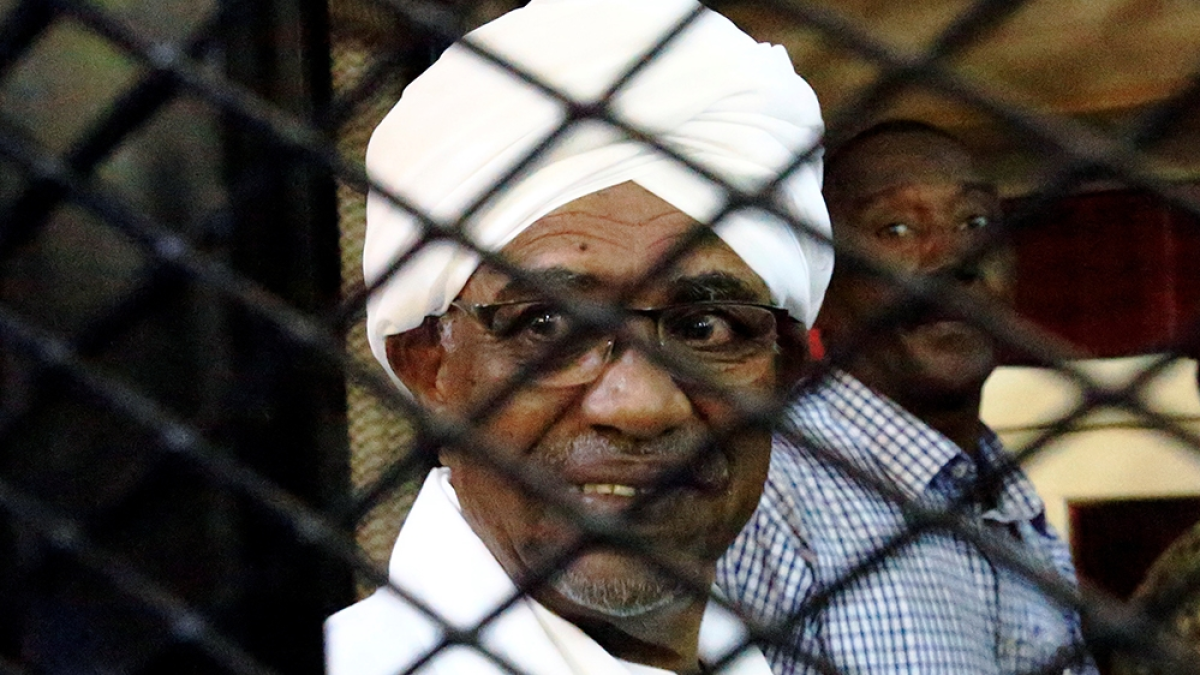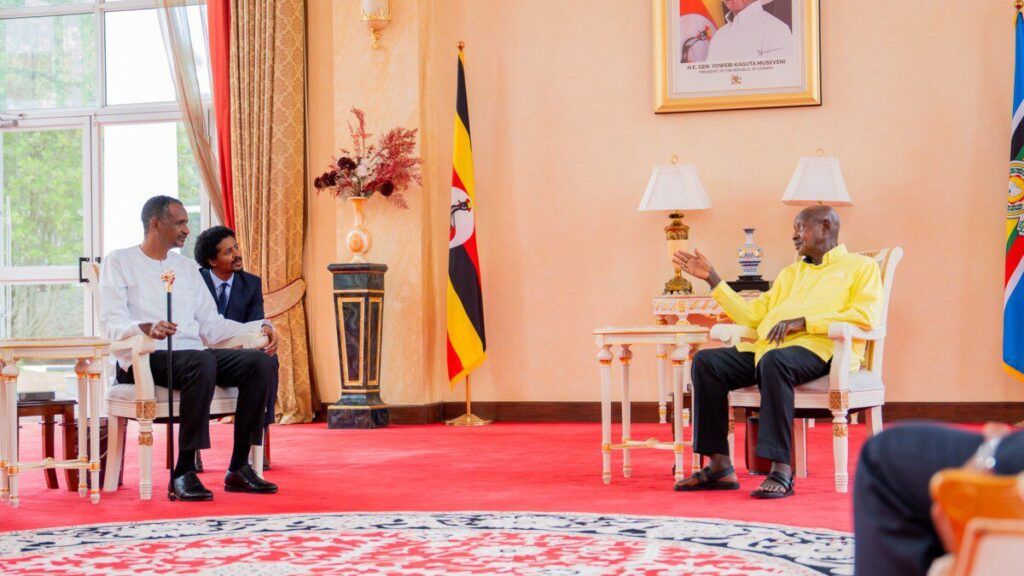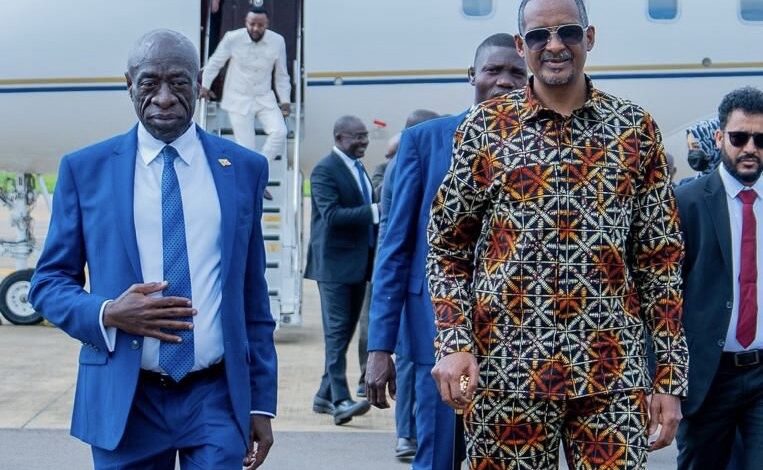
Omar al-Bashir is not in Khartoum’s Kober prison. According to Al Arabiya/Al Hadath, Sudan’s ousted dictator—indicted by the International Criminal Court for genocide, war crimes and crimes against humanity in Darfur—has for years been kept in a residential compound inside the Merowe military medical base, under tight SAF supervision and far from a typical jail regime.
The report says Bashir shares the compound with senior figures from his toppled regime, including Bakri Hassan Saleh, Yusuf Abdelfattah and Mohamed al-Khanjar. His daily routine reportedly includes dawn walks, reading and group evenings with fellow detainees.
The facility is described as having a constant power supply from a dedicated generator and satellite internet coverage. A service detail made up of SAF officers prepares meals; outside food is barred except for limited fruit. Medical care, initially provided during thrice-weekly hospital visits, is now delivered inside the compound by a specialized team.
Bashir is housed in a residential compound within the Merowe military medical base under the custody of the General al-Burhan’s Armed Forces (SAF) and its medical corps. He shares the quarters with Bakri Hassan Saleh, Yusuf Abdelfattah and Mohamed al-Khanjar. The setup includes a dedicated power generator, satellite internet via Starlink and access to a personal phone; meals are prepared by SAF personnel while outside food is largely prohibited; a specialized medical team provides on-site care.
All this is occurring while ICC warrants against Bashir remain outstanding.
Who is providing these privileges?
Everything described—housing, security, communications, catering and medical care—sits inside a SAF installation and is delivered by military units. In practice, General al-Burhan’s Armed Forces (SAF) and its medical corps are the ones housing and enabling the ICC-wanted former ruler, using state resources on a protected base.
Bashir ruled Sudan by decree for three decades after a 1989 coup; he is widely regarded as a dictator and remains a fugitive from international justice. December 2018 protests ended his rule, and in November 2019 Sudan passed a law to dismantle his National Congress Party and seize assets. Yet the new revelations depict privileged, SAF-run accommodation rather than incarceration—fueling accusations that military authorities are shielding a wanted man instead of transferring him to the ICC or holding him in a standard detention facility.




